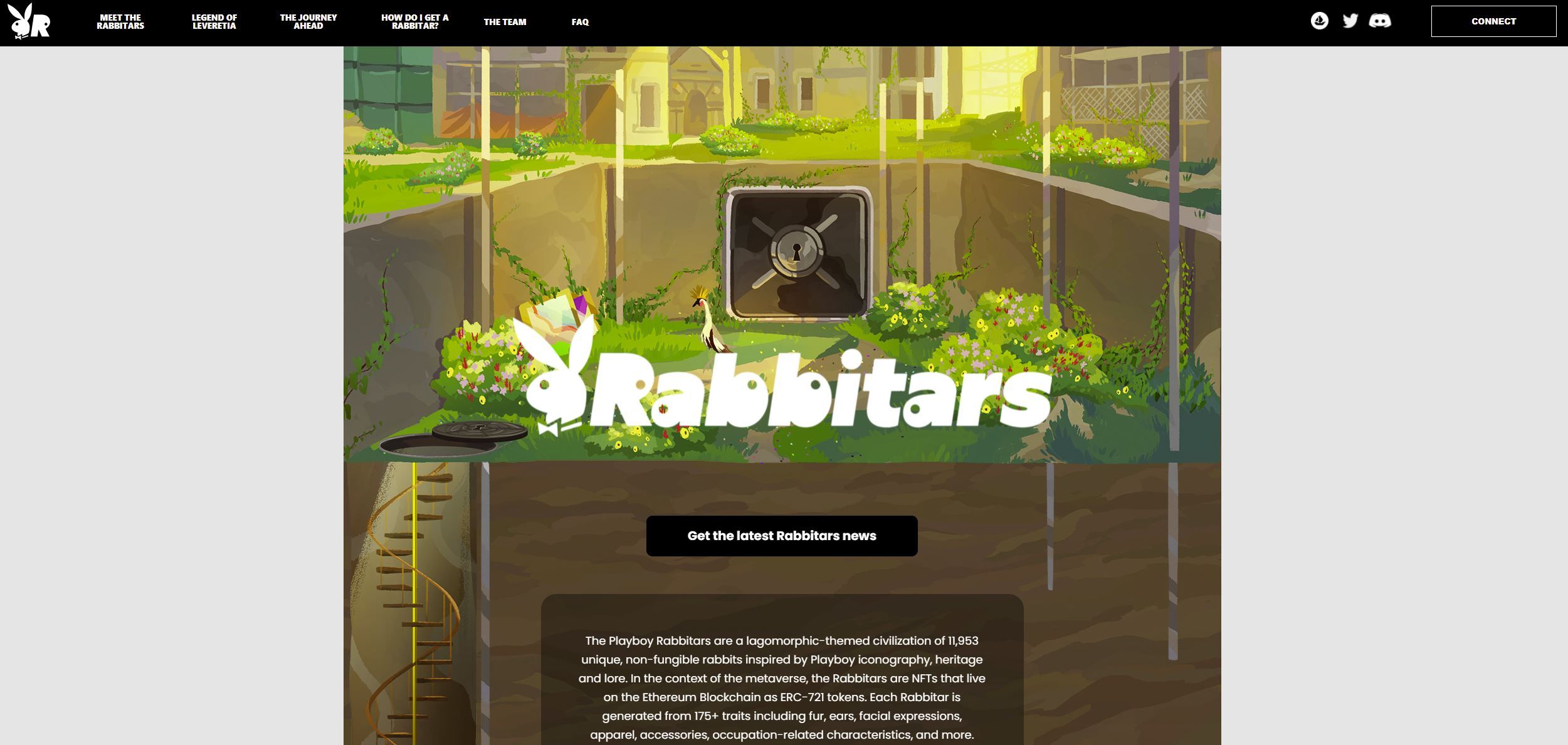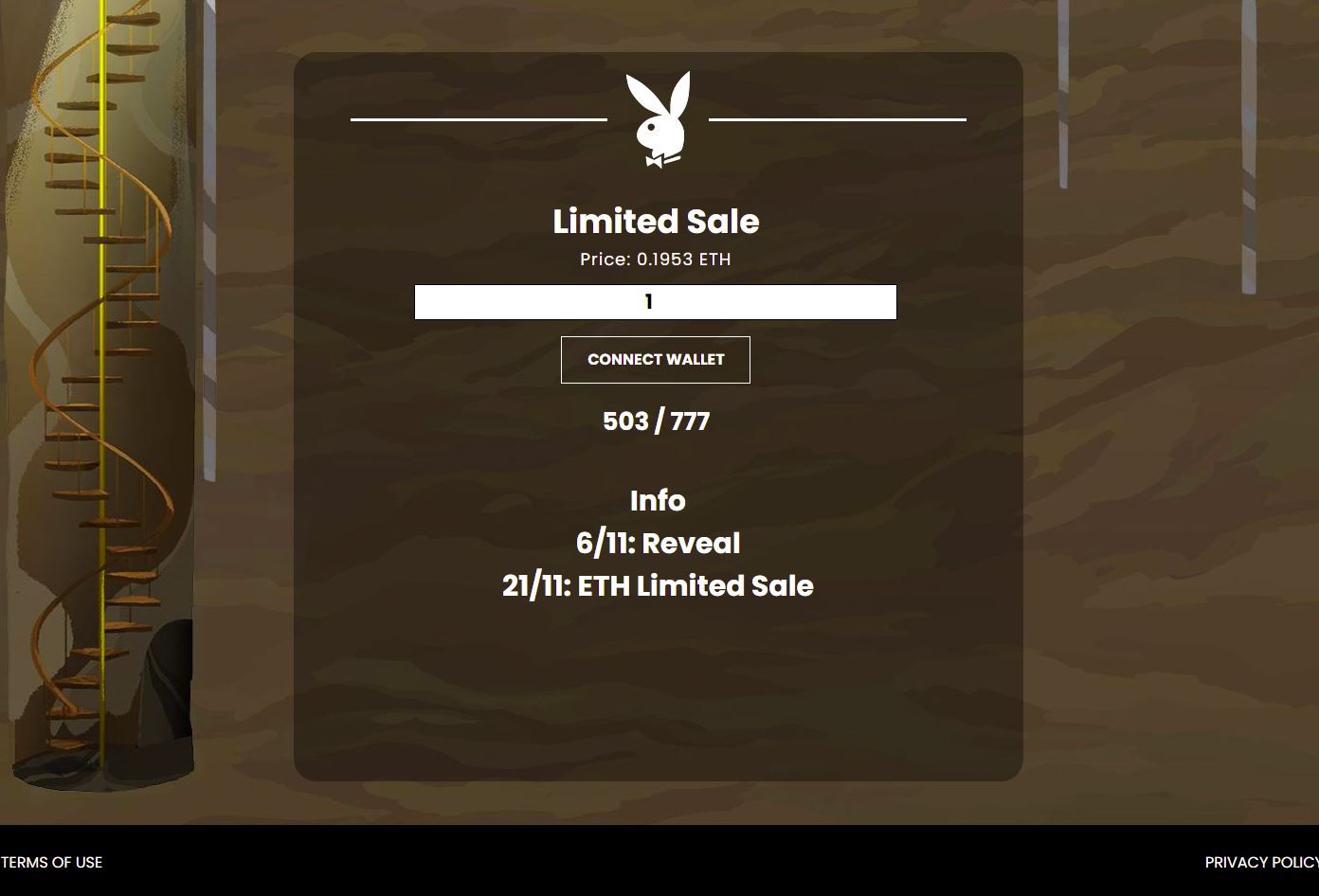One of the first judicial decisions addressing NFTs and related intellectual property issues was just handed down by a US court. A New York District Court granted Playboy Enterprises International, Inc. an injunction against www.playboyrabbitars.app, and its affiliates (the “Defendants”), with the judge finding that the legitimate Playboy company and brand may suffer immediate, irreparable harm through the Defendants’ unauthorized sale of fake Playboy Rabbitars NFTs through a new PFP project: “The domain URLs for the Counterfeit Websites subsume identical versions of the Playboy trademark and are almost identical to Playboy's actual website selling authentic Rabbitar NFT's www.playboyrabbitars.com.” Playboy has recently launched its own NFT PFP project.

As many companies do when their highly visible and identifiable goods and trademarks (a trademark is a recognizable sign, design, or expression that distinguishes the goods or services of one company from those of another) are being used by a third party without authorization (e.g. Disney and Mickey Mouse), Playboy ran to court to ask the court to prevent the further sale of PFPs by the Defendants through what’s known as a “preliminary injunction.” A preliminary injunction is typically used to halt some activity prior to trial, with the intention of preserving the status quo before the court hands down a final judgment.
The Playboy rabbit logo is not only distinct from other rabbit logos, but highly recognizable and associated with the Playboy brand. Playboy argued that, due to the Defendants’ trademark counterfeiting, unfair competition and false designation of origin, Playboy should be granted a preliminary injunction to prevent the further sale of PFPs by the Defendants.

Although the court did not make a final determination on the merits of Playboy’s claims, it found that there was enough there to restrict the Defendants from their activities pending a judicial decision on the merits of the trademark claims: “Playboy also has shown that the public interest favors granting a preliminary injunction. The public has a strong interest in being protected from confusion in general. But the public has an even stronger interest in being protected from illegal phishing schemes, namely, being manipulated through trademark counterfeiting into believing that they are doing business with Playboy, when they are not.” The court also found that the project’s Discord server included individuals who were impersonating Playboy personnel in order to convince users and potential collectors that the project was authentic and associated with the legitimate brand.
Additionally, because the website is being operated by individuals who are unknown and not available through the ICANN WHOIS Database because of the way in which the websites were registered, the court was unable to verify who should be served and so it granted Playboy the right to use “alternative” means to serve the Defendants via email instead of personal service of court documents, which is typically required.
This case raises a number of interesting issues in addition to being one of the first decisions that addresses the potential of NFTs to be intellectual property. For one, it highlights how easy it is to mislead unknowing users into believing that a project is associated or authorized by a brand or individual. We’ve seen countless examples of misuse or intellectual property in the space, with many large corporations chasing creators and shutting down projects. Separately, the case points out that many projects don’t provide real contact information or the identities of creators, which makes rugging a project much more feasible since there are no real consequences for anyone involved. Here, the project creators have already been prevented from making sales, but it doesn’t mean that unsuspecting users will be prevented from accessing the website and purchasing infringing PFPs. Unless the website is taken down from its hosting service (likely the next step), the project will technically stay alive.


